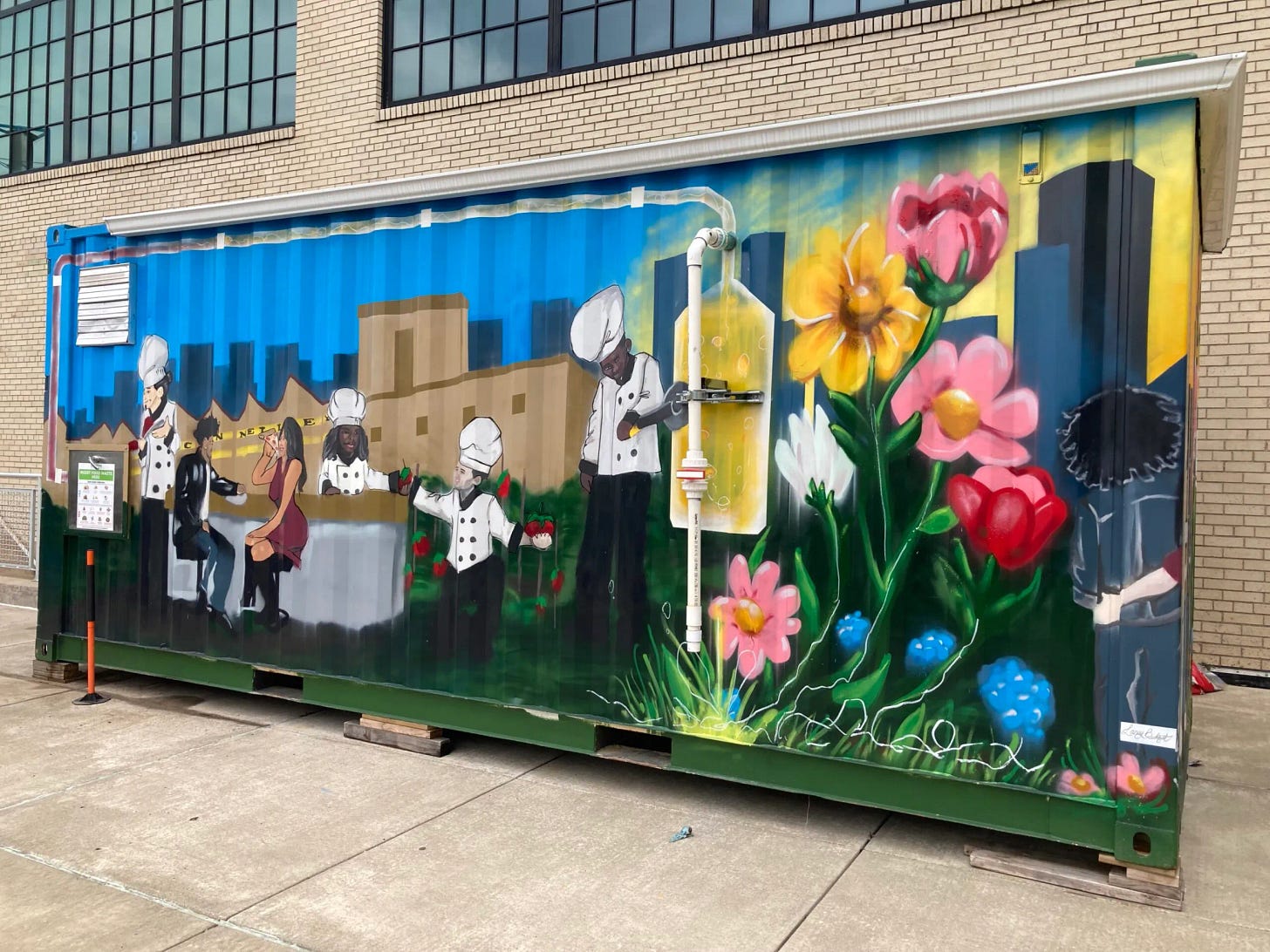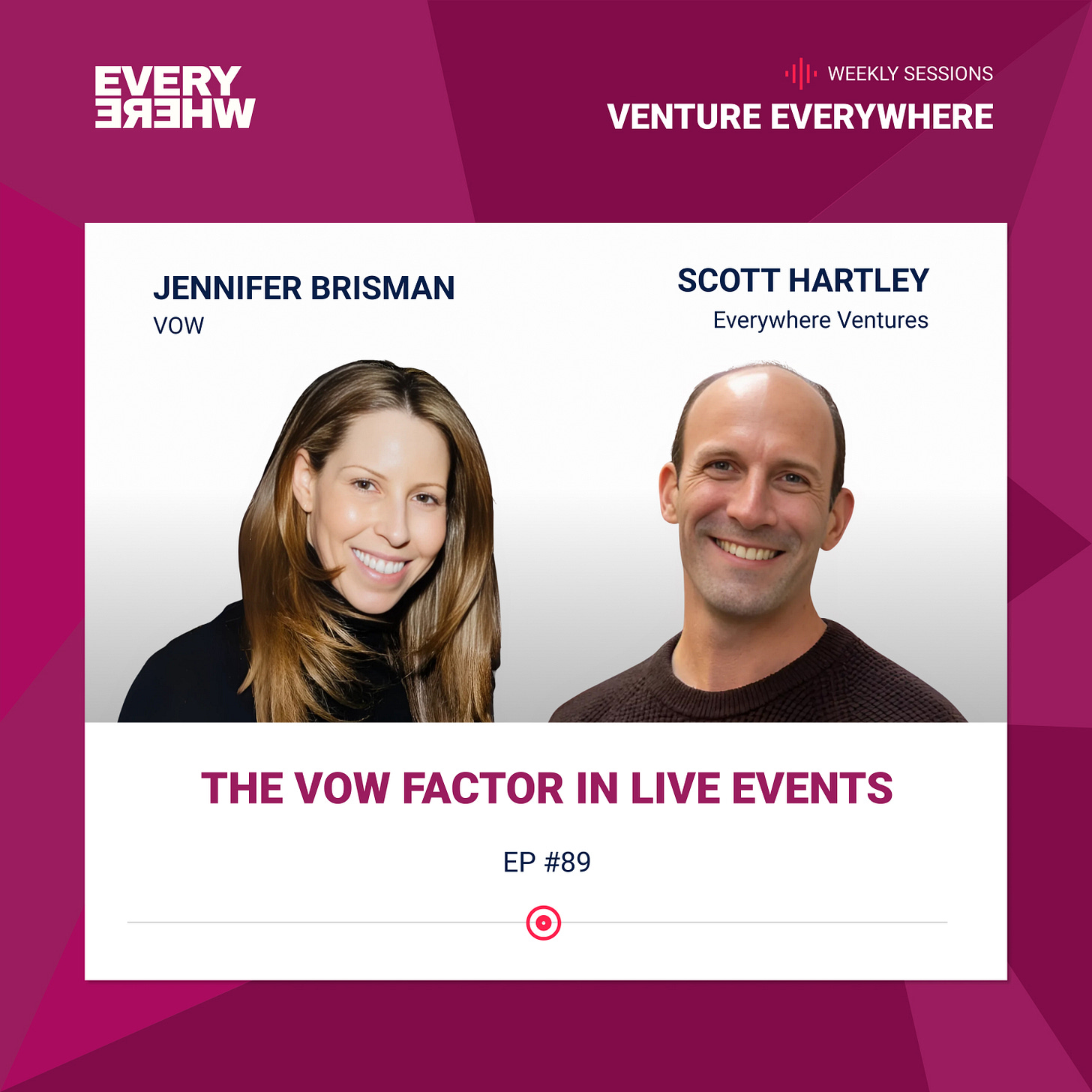From Waste to Worth: Ecotone Renewables Turns Leftovers into Liquid Gold
Ecotone Renewables develops sustainable solutions for food waste management using anaerobic digestion system which converts food waste into renewable energy and nutrient-rich organic fertilizer.

Dylan Lew, Kyle Wyche, and Elliot Bennett, co-founders of Pittsburgh-based Ecotone Renewables, believe food waste shouldn’t be a liability—it should be a resource. His startup is proving just that with ZEUS, a vibrantly painted shipping container turned Zero Emission Upcycling System, which uses anaerobic digestion to convert food waste into organic fertilizer and renewable energy.
Founded in 2019 by students from Carnegie Mellon, Pitt, and the University of Michigan, Ecotone has evolved from aquaponics experiments into a commercial operation deploying digesters to restaurants, hospitals, and senior centers. ZEUS simplifies composting with an automated, odorless, and on-site solution that takes just a few weeks to break down food waste—delivering both sustainability and savings.
“There are these two barriers to adoption for food waste solutions,” Lew explained. “It’s like a smelly, gross feedstock… and then the second piece is the financing.”
Smarter Than Your Average Stomach
ZEUS works by mimicking the human digestive process—microbes and fungi break down food into a slurry, then digest it over time inside the system’s twin tanks. The byproducts? A high-methane biogas that powers the system itself, and Soil Sauce, a liquid fertilizer now sold at over 50 Pittsburgh retailers.
And it’s all hands-free. Workers simply toss compostable bags into a chute, and ZEUS handles the rest: automated feeding, pH balancing, and temperature regulation.
“It’s poop for humans… for us, it’s ‘Soil Sauce,’” Lew joked.
Each ZEUS unit diverts up to 130 tons of CO₂ equivalents per year, and Lew sees them as carbon sinks as much as composters. Chef Dominick Grande, whose team at Case Specific Meal Prep produces thousands of meals weekly, calls the process “incredibly easy” and hopes it sparks a broader cultural shift: “It just makes it easier to make [waste reduction] more a part of the culture of restaurants.”
Scaling a New Category of Clean Tech
So far, 12 ZEUS units have been deployed, half of them in Pittsburgh. But the company is growing fast—$3M in private investment, a $2.4M USDA grant, and multiple regional awards are helping Ecotone build manufacturing capacity and expand across New England and Southern California, where landfill hauling is especially expensive.
Lew’s vision? 10,000 systems in the next few years, and eventually millions of ZEUS digesters worldwide.
“We’re thinking very big about food waste solutions globally,” he said.
Read more on The Allegheny Front
Listen to Jennifer Brisman with Scott Hartley on the Venture Everywhere podcast: The VOW Factor in Live Events. Now on Apple & Spotify. Check out to all our past episodes here!

